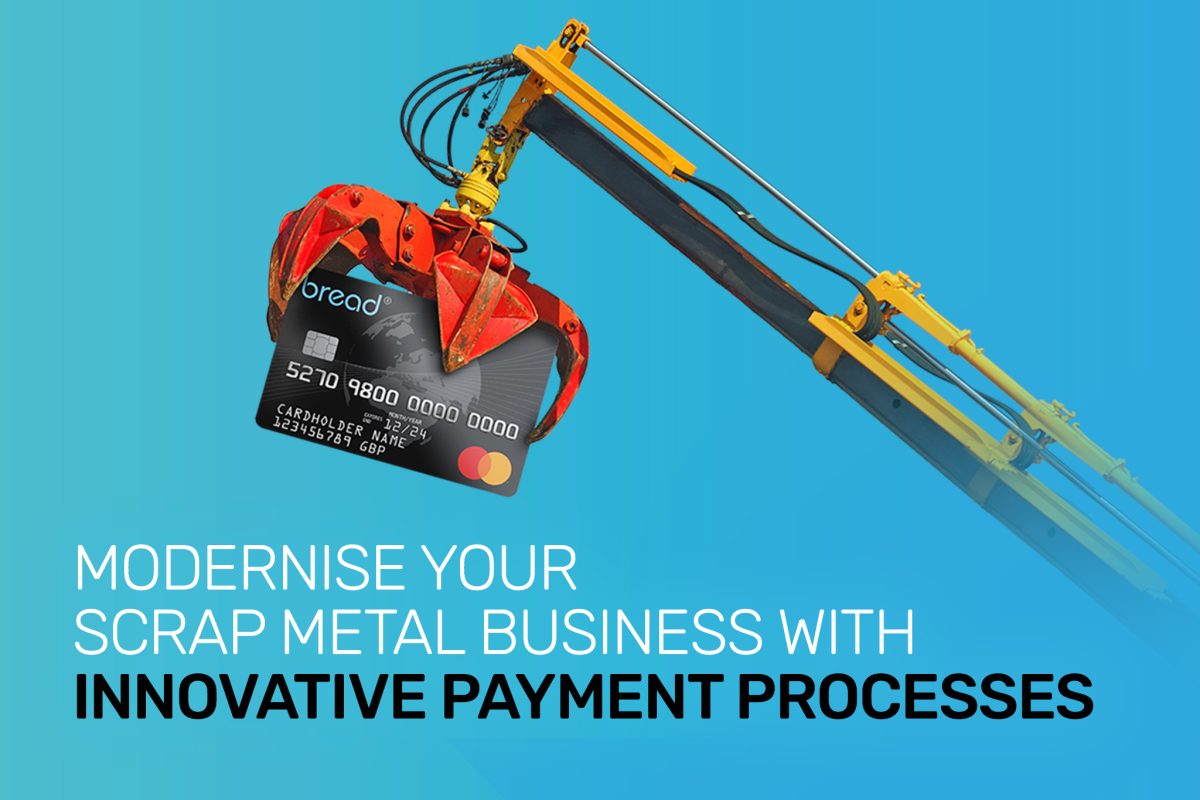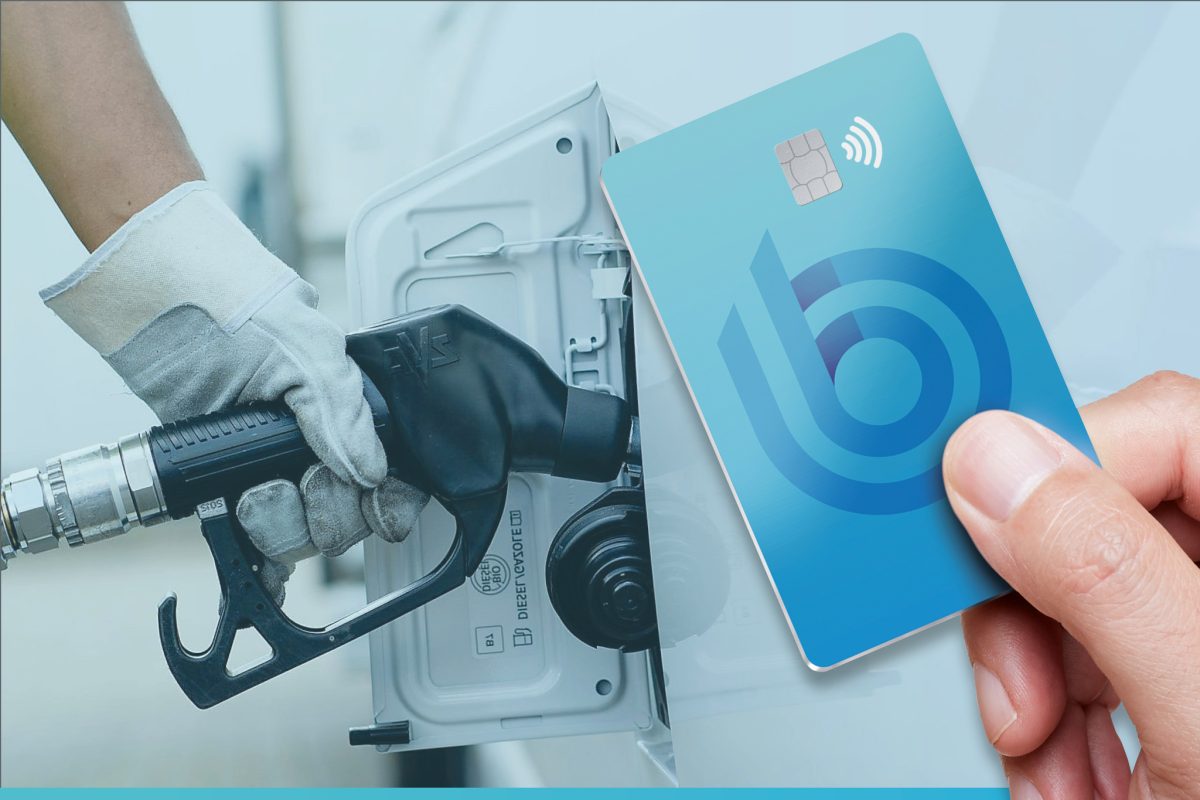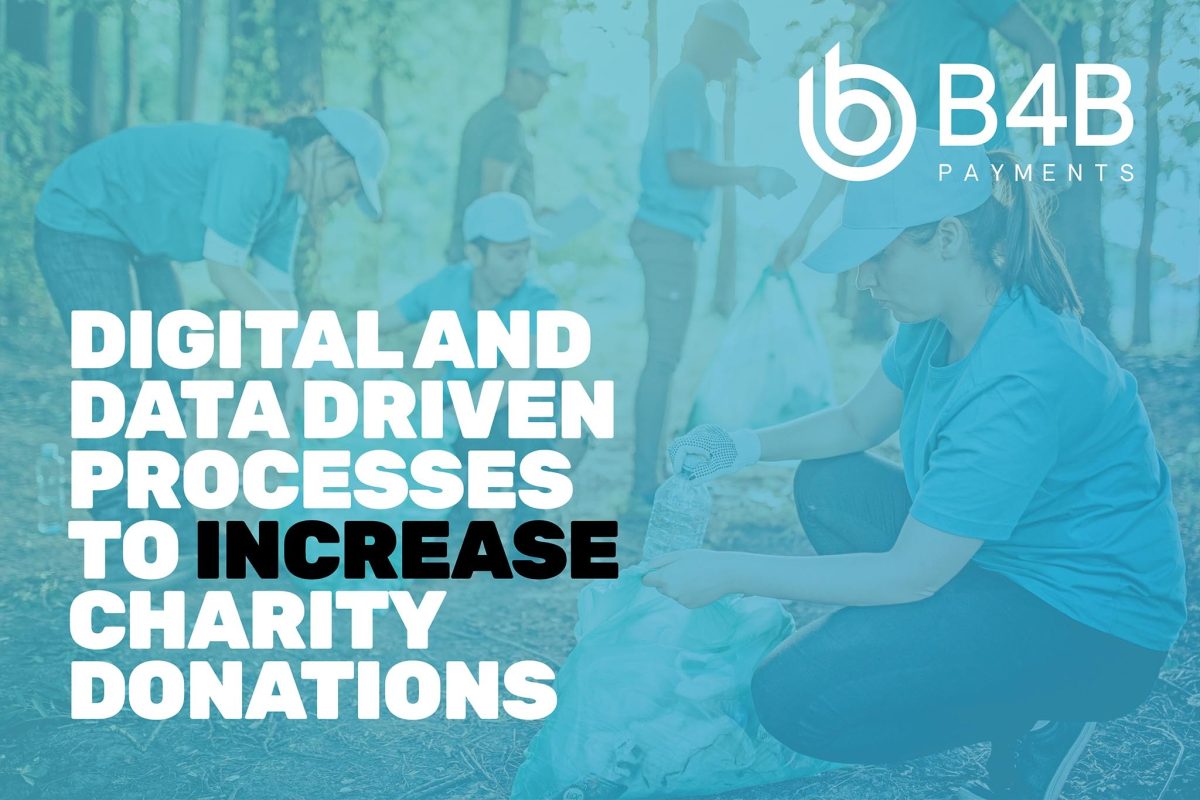The scrap metal industry is worth £4bn in the UK alone, and continues to grow despite a challenging few years, including a drop in demand as a result of COVID and constraints on the price of scrap metal due to regulatory changes surrounding imports in China.
High demand means that prices of metals are expected to continue to rise in spite of recent volatility, and a continued shift towards greener manufacturing methods such as EAF steel production is driving ongoing demand for recycled materials.
While the future looks bright for the scrap metal recycling industry, high demand for metals like steel and aluminium is likely to drive increased competition amongst merchants, and wider market forces mean that while the overall trend is likely to be upwards, there could be some bumps along the way.
To maximise profitability and performance of your scrap metal business, it’s important to make sure that your payment processes are as efficient and streamlined as possible – this not only reduces your manpower costs, but can help you to effectively manage compliance, keeping your business’s risk levels low.
Better still, an efficient, modern approach can help you deliver a better experience to your customers, encouraging loyalty and repeat business, and helping you stand out against the competition.
So how can modernising your payments help drive the growth of your scrap metal business?
Make KYC compliance a breeze
With metal theft causing widespread issues from areas as diverse as trains to road signs, scrap metal dealers are subject to a range of legislation to ensure that they’re not inadvertently supporting metal theft.
The 2013 Scrap Metal Dealers Act makes it illegal to buy scrap metal using cash, and requires dealers to verify the identity of all sellers by confirming photographic ID and proof of address.
B4B Payments’ Bread4Scrap cards eliminate the need for scrap metal dealers to carry out these checks themselves – we handle it all when customers activate their Bread4Scrap card, and provide a full audit trail in our easy-to-use management platform. So, you can be fully confident that you’re meeting compliance requirements without the need to manually verify your customers’ documents.
Instant payouts
Without the option to pay cash for scrap metal, dealers are often forced to resort to slower payment options like cheque or bank transfer. This can be frustrating for customers, who have to wait for cheques to clear, or anxiously watch for bank transfers hitting their account, days after their transaction has been completed. While it’s necessary to ensure compliance with Home Office legislation, these old-fashioned payment methods don’t deliver the best customer experience.
Prepaid cards like Bread4Scrap can transform the process. Instead of writing a cheque or sending a bank transfer, funds are loaded instantly onto a prepaid contactless MasterCard which your customers can use instantly. With the ability to spend in millions of physical or online locations worldwide or withdraw cash directly from an ATM, your customers get their funds instantly, with no waiting around.
Alternatively, if customers don’t want to sign up for a card, you can use Bread4Scrap to make direct bank transfers, with lower transaction costs than your local bank.
Encourage repeat custom
A huge benefit of a prepaid Bread4Scrap card is that they make repeat custom a breeze. Once a customer has activated their card and passed the Know Your Customer checks, cards can continue to be reloaded with more funds over and over again.
This means that for existing customers, it’s likely to be far easier to return to your business than to go to a competitor, where they’ll need to go through the hassle of verifying their identity all over again. This encourages your customers to stay with you, in the knowledge that they’ll receive their funds instantly.
Better still – if a customer already has a Bread4Scrap card from another merchant, it’s easy to use the same card to add them to your system with minimal admin.
Access easy reporting
A strong data strategy is vital to growing your business – understanding trends in performance and customer behaviour can give you the insights you need to spot new opportunities and take advantage of them, boosting your profitability.
Bread4Scrap’s easy to use management platform gives you a comprehensive data reporting system, so you can easily track transaction data. It also integrates fully with FRED5 as well as a range of market leading accounting platforms, so you can automatically keep all your data in sync without the need to enter details multiple times.
Transform your payment processes with Bread4Scrap from B4B Payments
Thousands of scrap metal recycling agents across the UK trust Bread4Scrap to make simple and secure cashless payments. With the ability to make fully compliant payments in minutes and no hidden fees, our system helps you stay in line with regulation and deliver an excellent customer experience.
To find out more about how Bread4Scrap could work for you, get in touch today.















